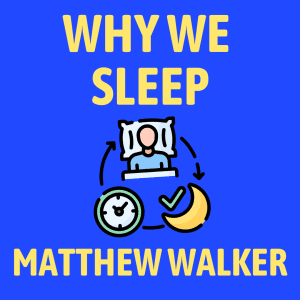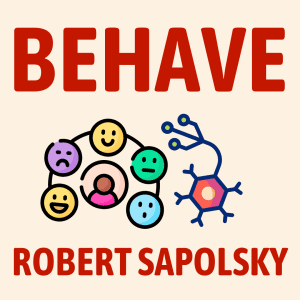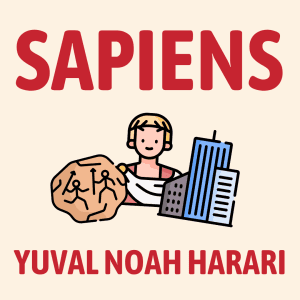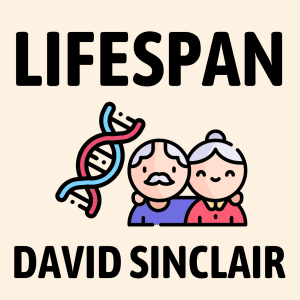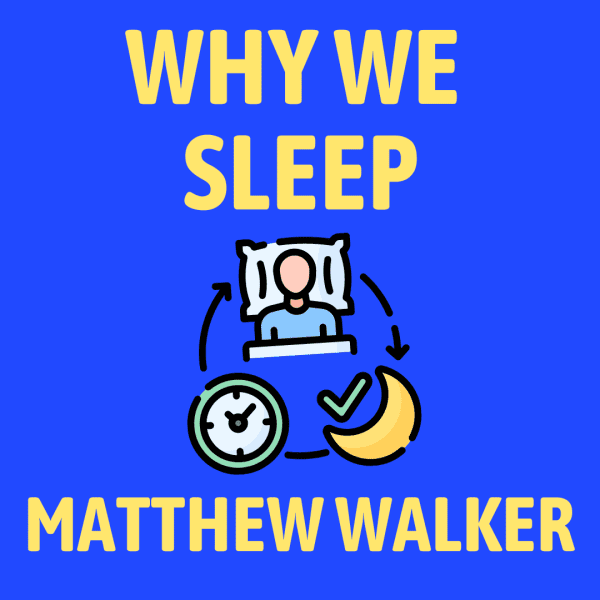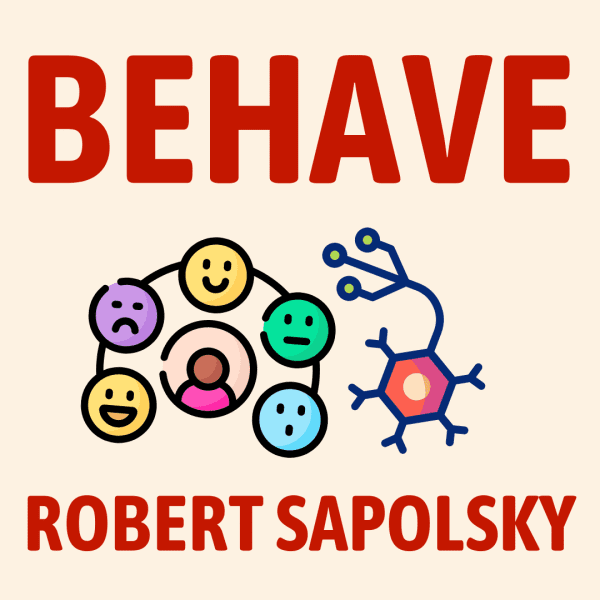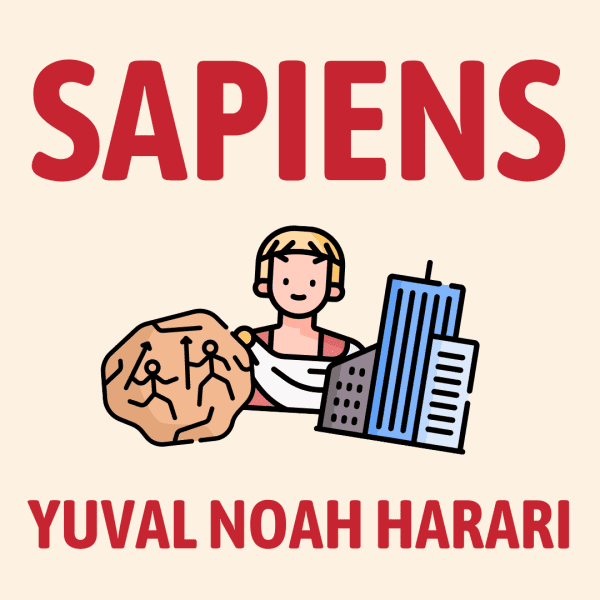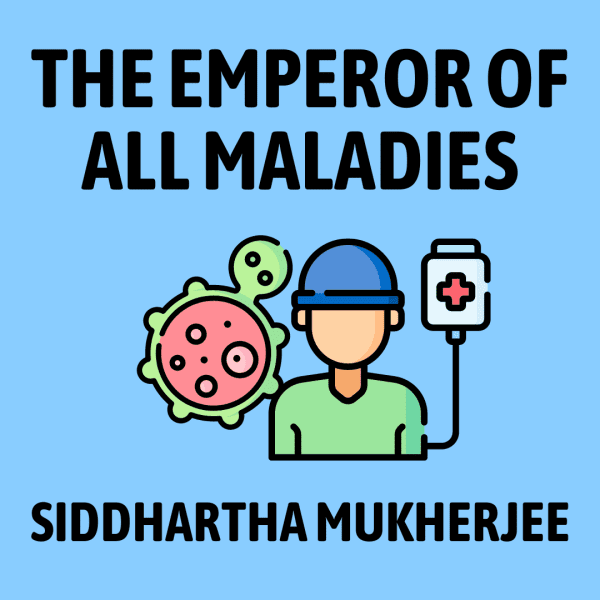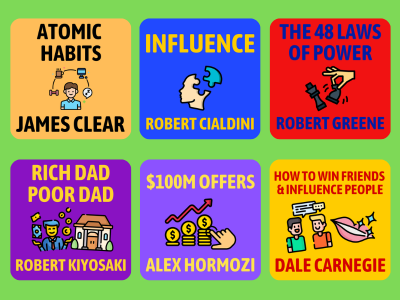Why We Sleep is about the critical importance of sleep, including the science of how sleep works, and some tips for how we can get better sleep.
Modern people often don't realize that getting less than 7-8 hours of sleep daily can significantly decrease our short-term mental abilities and long-term physical health.
Behave explains why humans behave the way we do.
Sapolsky breaks down complex science into enjoyable explanations, beginning at the level of our brains, then diving into hormones, genes, evolution and even culture and history.
By the end, you'll be questioning many long-held assumptions about how much we control ourselves.
Sapiens is about how we went from being simple primates 2.5 million years ago... to walking on the moon.
Yuval Noah Harari explores the Cognitive, Agricultural and Scientific Revolutions, which made us who we are today.
He says common myths like money, laws and nations hold human societies together.
Lifespan is about how to live longer and healthier, according to the latest science.
Harvard researcher David Sinclair says that aging is a disease that will be treatable and—perhaps one day—completely preventable.
For now, we can boost our longevity with practices like fasting, exercise and cold exposure.
The Emperor of All Maladies is about the incredible history of "The War Against Cancer" and helps us to understand this terrible disease.
Siddhartha Mukherjee explains the most common cancer treatments, including the science and story behind them.
Homo Deus offers a thought-provoking look into humanity's future; It talks about how advances in technologies like artificial intelligence and genetic engineering could radically transform us.
Yuval Noah Harari proposes the uncomfortable notion that we may try to become like gods to avoid death and unhappiness.

